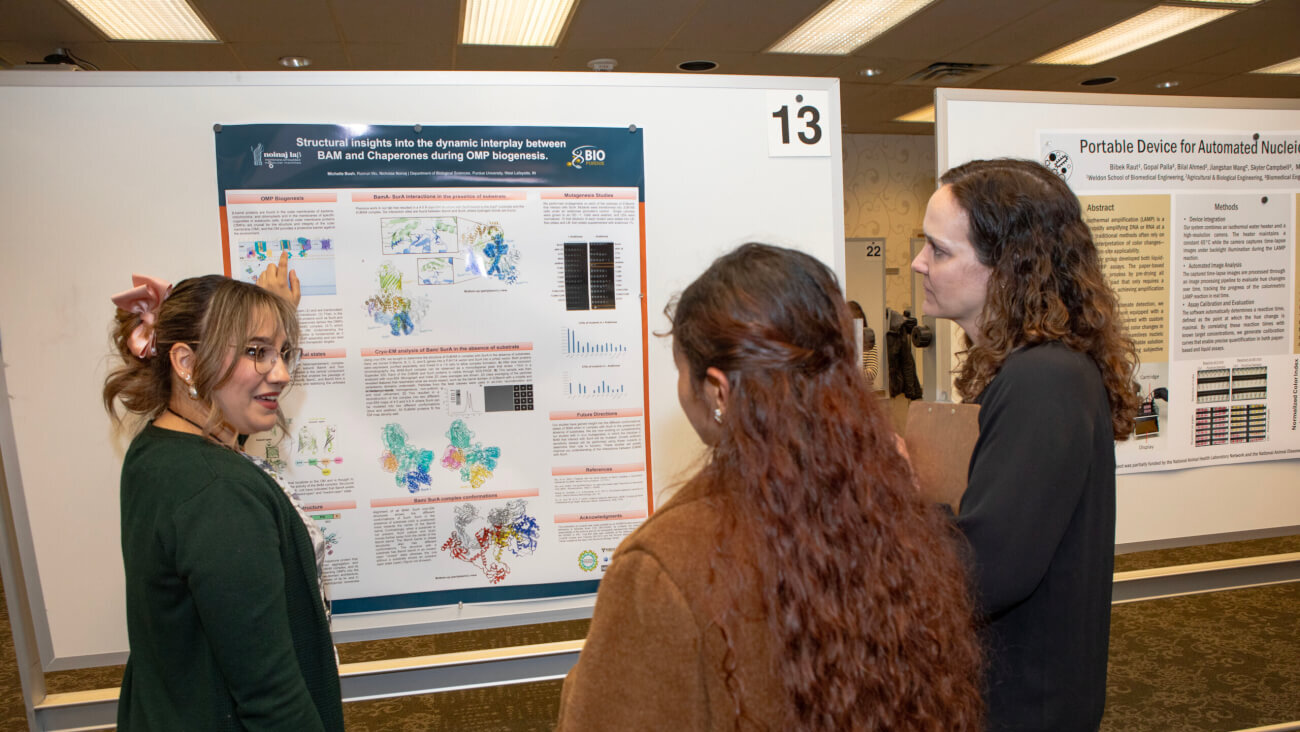Keeping Your Pets Safe from Highly Pathogenic Avian Influenza (HPAI)
Highly Pathogenic Avian Influenza (HPAI) has been detected in a variety of species, including domestic cats and dogs, raising concerns for pet owners. Learn how to protect your pets, recognize symptoms, and understand our screening process to keep animals and people safe.






